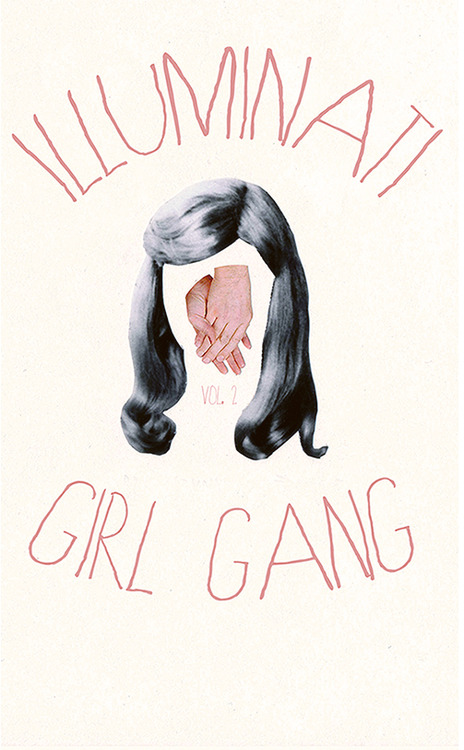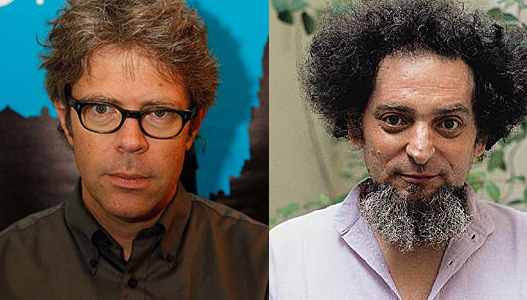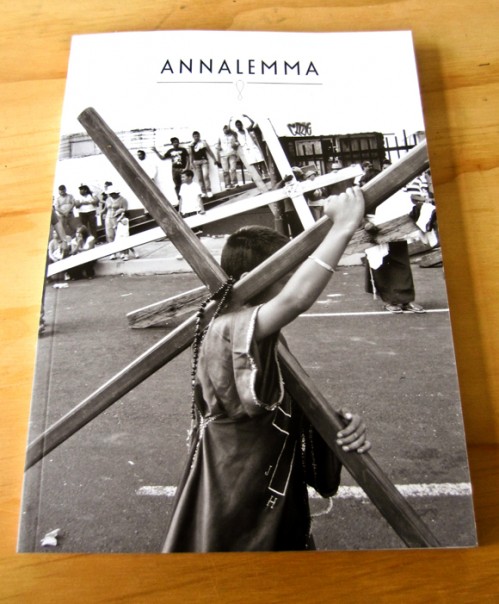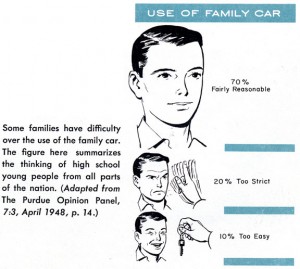My Last Blog
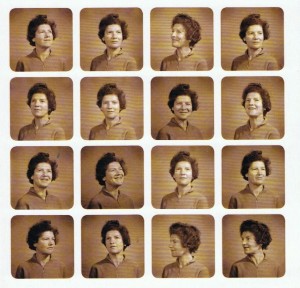
This is Janet Frame. This post is a permutation of her story, My Last Story, which was, in fact, not her last story. Click the image to read the story on Electric Literature.
I’m never going to write another blog.
I don’t like writing blogs.
I don’t like typing I read I saw or saying my endless opinion of the weird book I read, the thing it was like, a metaphor a simile and I have almost grown to hate the internet after 15 years, how I know all the office workers have 35 tabs open and are watching a video and reading an article at the same time and mentally composing a tweet about it or wondering about how Roxane Gay is going to say it better and Blake Butler is going to say it weirder or if we’re supposed to like or hate Tao Lin right now or whether or not the novel is living or dead or who cares or which author we should interview or if that galley of that novel is worth reading or reviewing and how is it that those publishers still send out all those galleys to all those people who ignore all those galleys, and that’s called work and earning a living, well I’m not going to write any more blogs like that. I’m not going to blog about author news or how publishing houses are hemorrhaging money or how eBooks are stabbing people in dark alleys or about how eBooks are Jesus or how eBooks are just Books with a little ‘e’ hanging on. I’m not going to write another blog after this one. This is my last blog.
I’m not going to write about that piece I read on another blog, another online magazine, that article that essay that story that tweet that video that everyone is talking and how can anyone figure out anything if they still have those 35 tabs open and I suppose that’s called an experience of Life. READ MORE >
Spencer Madsen on “Indie” and “Small Press”
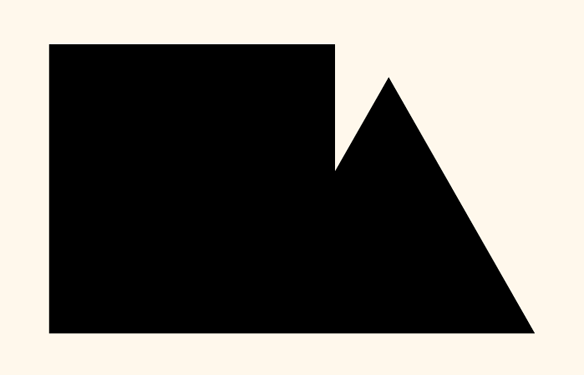
Monkeybicycle: What does “indie” or “small press” mean to you? What do you think of such classifications and distinctions?
Spencer Madsen: I immediately think of Roxane Gay. I think of complaints about not enough people reading or not enough people buying books or too many books being published. I think about the word ‘writerly’ and the distinction of being ‘serious’ literature. I think these classifications serve to make reading books more insular and less exciting for people. The word ‘indie’ always evokes for me a kind of club that you have to join to engage with. I’d like to bypass that by avoiding adjectives or the temptation to define the press in a verbal way. I don’t want Sorry House to be At The Forefront of Independent Literature or The Home Of Avant-Garde Poetry. I want it to be a thing like any other thing. A glass of water doesn’t need an about page. It holds water.
– Spencer Madsen, from Monkeybicycle interview re his new press, Sorry House
Illuminati Girl Gang Vol. 2
The second issue of the all-female literary zine Illuminati Girl Gang, edited by Gabby Gabby, is online, featuring work by Luna Miguel, Roxane Gay, xTx, Mira Gonzalez, Cassandra Troyan, Maggie Lee, Ashley Opheim, Natalie Chin, Carolyn DeCarlo, Bunny Rogers, Alice May Connolly, and more.
I want to tell you about the latest and possibly last issue of American Short Fiction (a guest post)
The following was sent to me by someone who must remain anonymous. As a fan of ASF, I’m happy to pass it along, although saddened to hear about their current plight. —Adam
I want to tell you about the latest issue of American Short Fiction.
I want to tell you that it might be the last issue of American Short Fiction.
I want to tell you that even if it might not be the last issue of American Short Fiction, it is the last issue edited by Jill Meyers and Callie Collins.
“A Dozen Dominants: The Current State of US Indy Lit”
[Update: Some reader comments below prompted me to write a follow-up post.]
I was asked over the summer to contribute a critical article to the online UK journal Beat the Dust; they wanted me to write on the current state of US literature. I “narrowed that down” to indy lit (small press publishing, whatever you want to call it)—still an impossibly huge topic, of course. So I ended up proposing twelve dominants that I’d argue govern the current indy lit scene (at least as best as I can see things from where I’m sitting—Chicago, USA, 2011).
“Dominant” is a term I stole from the Russian Formalists; it essentially means a feature or aspect of a text that most people feel that the text, to be valid, should demonstrate or otherwise include. (e.g., rhyme was often a dominant in English poetry until the 20th century and the advent of free verse; now the situation is mostly the opposite.) (See also this.) Below, I’ll list “my twelve” dominants, but please see the full article for a more thorough explanation…
ANNALEMMA SIX: IT’S GOOD
I just got finished with Annalemma Six (with the Sacrifice theme), which just came out. It’s fucking awesome, and not just because it features Giant familiars like Roxane Gay, Ryan Call, Jimmy “the gangbang took place in Unit #209” Chen, J.A. Tyler, Brandi Wells, and others.
May 26th, 2010 / 3:07 pm

